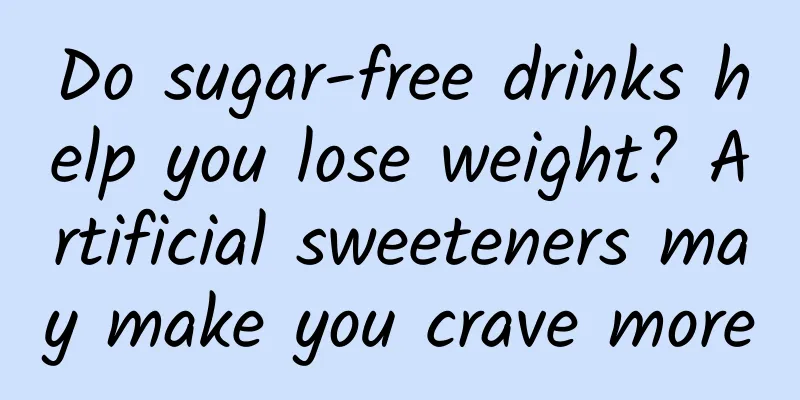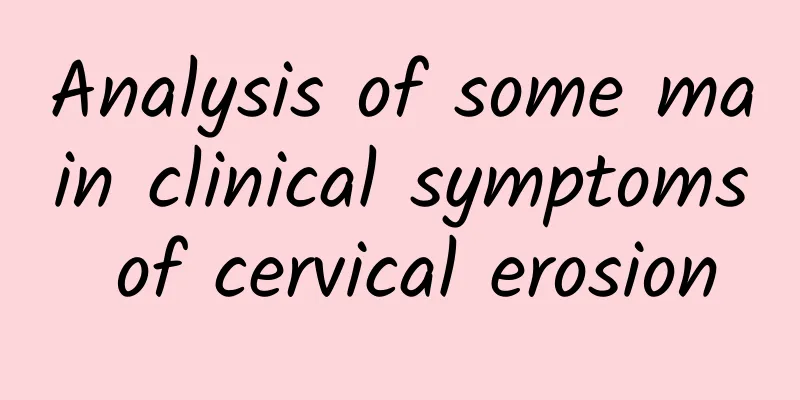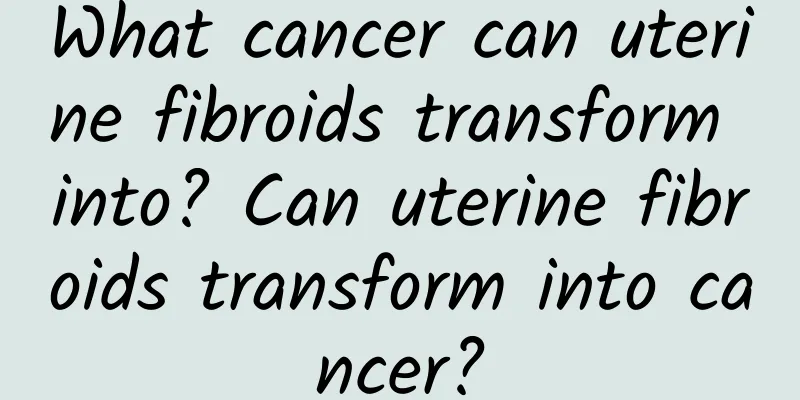Do sugar-free drinks help you lose weight? Artificial sweeteners may make you crave more

|
Many zero-calorie or low-calorie diet drinks are popular in today's society where people pay much attention to health. However, Cell Metabolism published a new study from the University of Sydney, Australia, which found that artificial sweeteners added to diet drinks may increase the body's desire for calorie intake, thereby causing individuals to eat more. The study used fruit flies and mice as experimental animals and found that the total food intake of the test animals on a sugar-free diet supplemented with sucralose, a sugar substitute, was about 30% higher than that of the control group on a normal diet. The research team observed that if animals are exposed to artificial sweeteners in their daily diet for a long time, their food intake will increase significantly. The authors suggest that artificial sweeteners provide a sweet taste but do not provide calories to the body, which may prevent them from fully activating the brain's reward centre and putting the body into a satiety state. The brain may be confused and stimulate the body's hunger response in order to take in enough energy. The study was published in Cell Metabolism, Vol. 24, No. 1, pp. 75-90 This article is from ELSEVIER Global Pharmaceutical News |
Recommend
What are the dangers of congenital absence of vagina?
Congenital absence of vagina is one of the uncomm...
Is cervical erosion contagious?
Is cervical erosion contagious? Gynecological dis...
Lazy weight loss method! Rock bath detoxification and weight loss
Bedrock bathing was introduced to Taiwan from Jap...
Will adnexitis be inherited by the next generation?
Is adnexitis hereditary? Experts say that adnexit...
How long does it take for menstruation to come after a cesarean section? How long can I have sex after a cesarean section?
When women give birth, they can choose the delive...
Abnormal bloody vaginal discharge after menopause
Abnormal vaginal discharge with blood after menop...
What are the dangers of abortion for women? How can women nourish themselves after abortion?
In modern society, people are becoming more and m...
Brief analysis of several main symptoms of acute pelvic inflammatory disease
Acute pelvic inflammatory disease is a common acu...
Can I have sex if I have cervicitis? Is it contagious?
Patients with cervicitis should avoid sexual inte...
What kind of inflammation is tofu dregs leucorrhea? It may be vaginitis
Tofu-like leucorrhea is a symptom of gynecologica...
Name of drug for treating pelvic effusion
Pelvic effusion is the presence of inflammatory e...
Is medication currently a good treatment for mild cervical erosion?
Since mild cervical erosion has a great impact on...
Fresh milk, yogurt, and yogurt, which one is the "calcium leader"?
Have you taken calcium supplement today? Accordin...
Psychological therapy for amenorrhea should not be ignored
Some researchers have found that, in addition to ...
Various examination methods for cervical precancerous lesions
Cervical precancerous lesions refer to lesions th...









